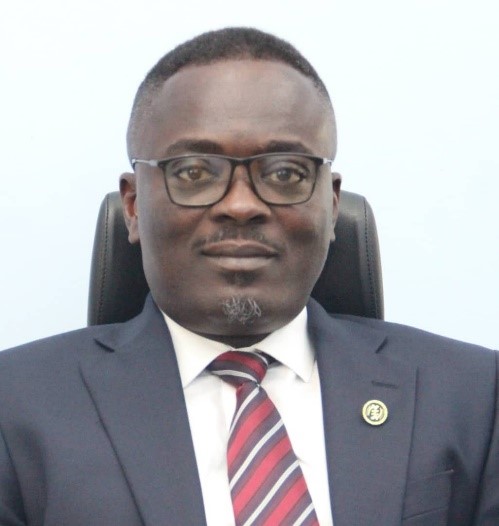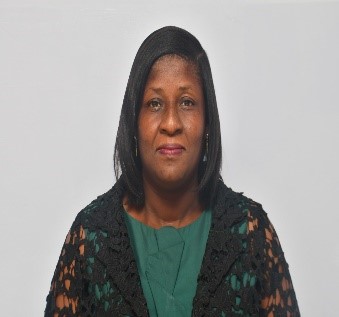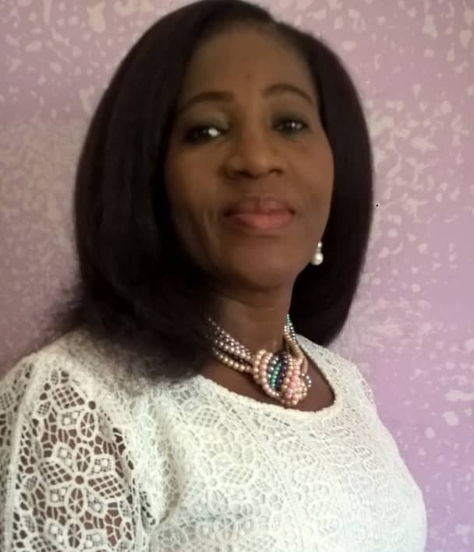
Seminar overview
In order to attain the Sector’s objective of ensuring affordable, equitable, easily accessible and Universal Health Coverage (UHC), the Ministry of Health (MOH) and the Ghana Health Service (GHS) recognize human resource for health (HRH) as a backbone for national development. In 2020, three critical documents of the health sector were released to guide UHC-related actions and their implementation.
These include 1) National Health Policy (2020), 2) Ghana’s Roadmap for attaining UHC (2020-2030) and the 3) Human Resource for Health Policy and Strategy (2020) 1 ’ 2 ’ 3 . These documents have a collective interest to ensuring that a resilient health care system exists to create health access and also promote healthy lifestyles among the Ghanaian population. Six core essential services are designed for population
health, and these include a) primary b) preventive c) rehabilitative d) specialised and emergency e) promotive and 6) palliative services. Enhanced efficiency in human resource development and management are critical to achieving these essential services. Systematic HRH professional development
are integral to the enhancement drive for efficiency.
Human Resources Management (HRM) is responsible for the attraction, selection, training, assessment and rewarding of employees as well as overseeing organizational leadership and culture and ensuring compliance with employment and labour laws. 4 Staff performance monitoring and evaluation,
compensation as well as recruitment of competent employees are vital to the process. Whilst embedded in the staff performance is the need for leadership development and career enhancement as health professionals are regularly promoted through the ranks to lead and manage staff and resources to achieve organisational goals.
In the public service in Ghana, promotions are informed by progressional scales/bands of elevation determined by number of years of practice, performance and current band level and directed by the policy popularly referred to as the Single Spine Salary Structure (SSSS). SSSS is part of the single spine pay
policy; a government initiative introduced in the year 2010 as a means to regulate salaries of public sector workers especially under Article 190 of the 1992 constitution of Ghana.
Annually, several sessions of promotional interviews are organised nationally and regionally for midwives and nurses by the Ministry of Health, Ghana Health Service and allied governmental ministries to assess readiness and competencies for assumption of critical positions of leadership or to move up the
professional career ladder. The question is: How prepared are these midwives and nurses to attend these expected interviews and to perform creditably? Do these professionals know:
- How to approach the promotional interviews?
- What are the expectations of each type of interview?
- Who are the expected panelists at the interview and which organisations do they represent and why?
- What should be the procedure for preparation and professional presentation at the interview?
- What are the panelists expectations of the interviewee?
Furthermore, the platform is to enable these experts to share their experiences at various interviews with professionals and to share their thoughts and recommendation for improving preparation and performance at interviews. It is further to expose especially, the young and growing population of professional nurses and midwives to the rudiments of interviewing for employment and promotions in the near future as part of good professional practice.
WEBINAR SERIES III
Profile of Panelists

Dr. Mrs. Jemima A. Dennis-Antwi

Peter Obiri-Yeboah Esq

Mrs. Eva Mensah


